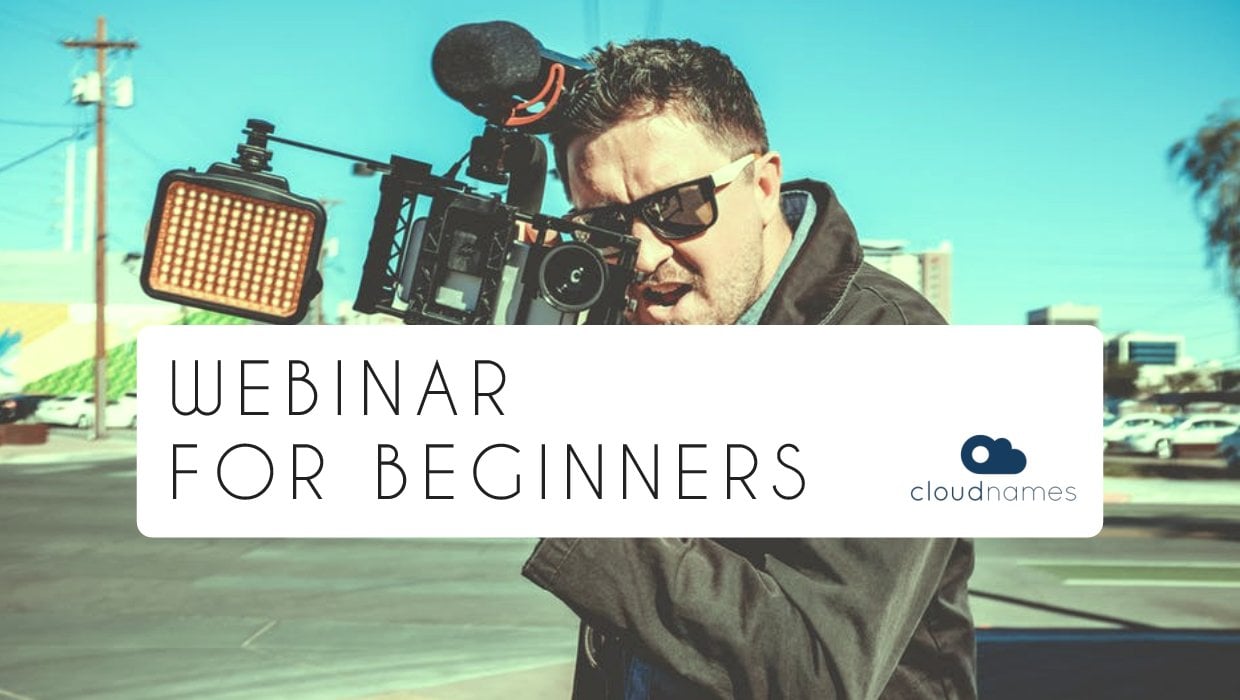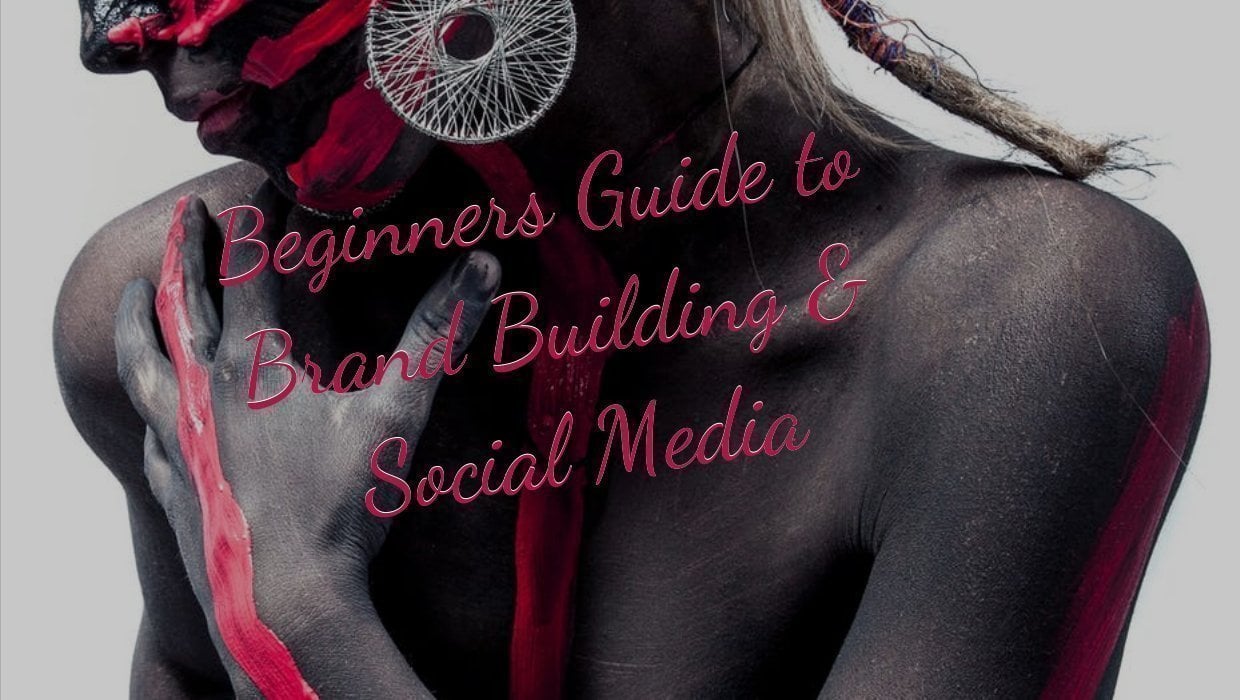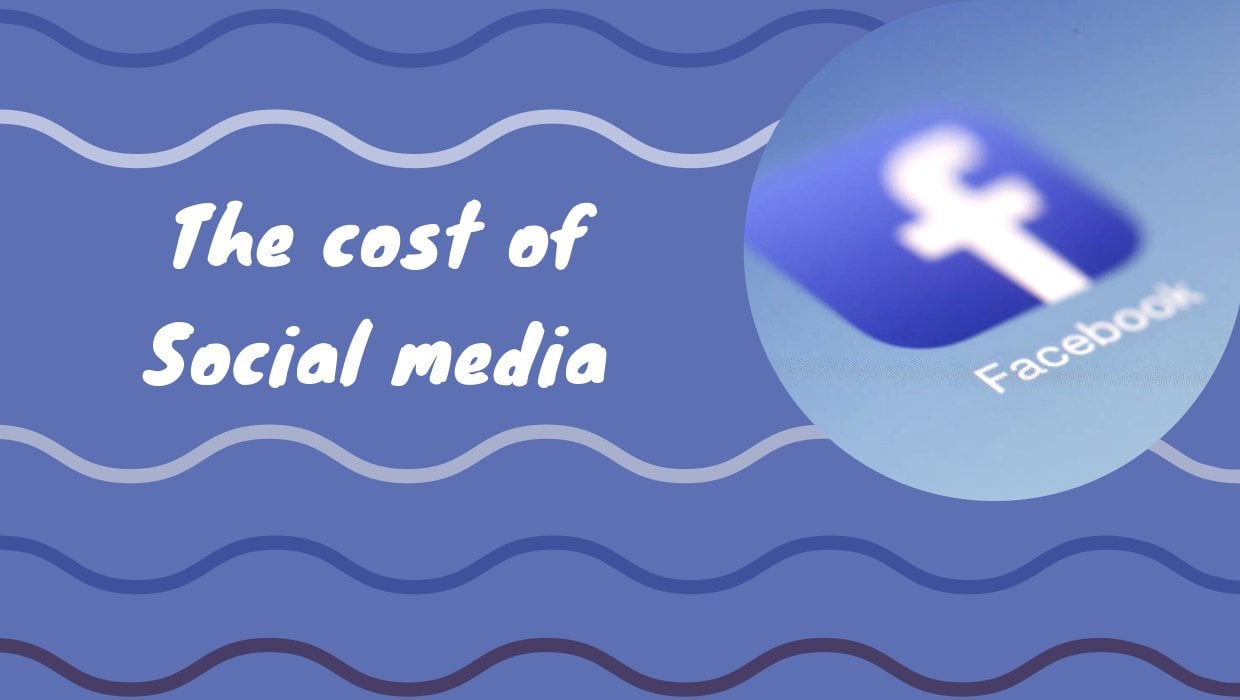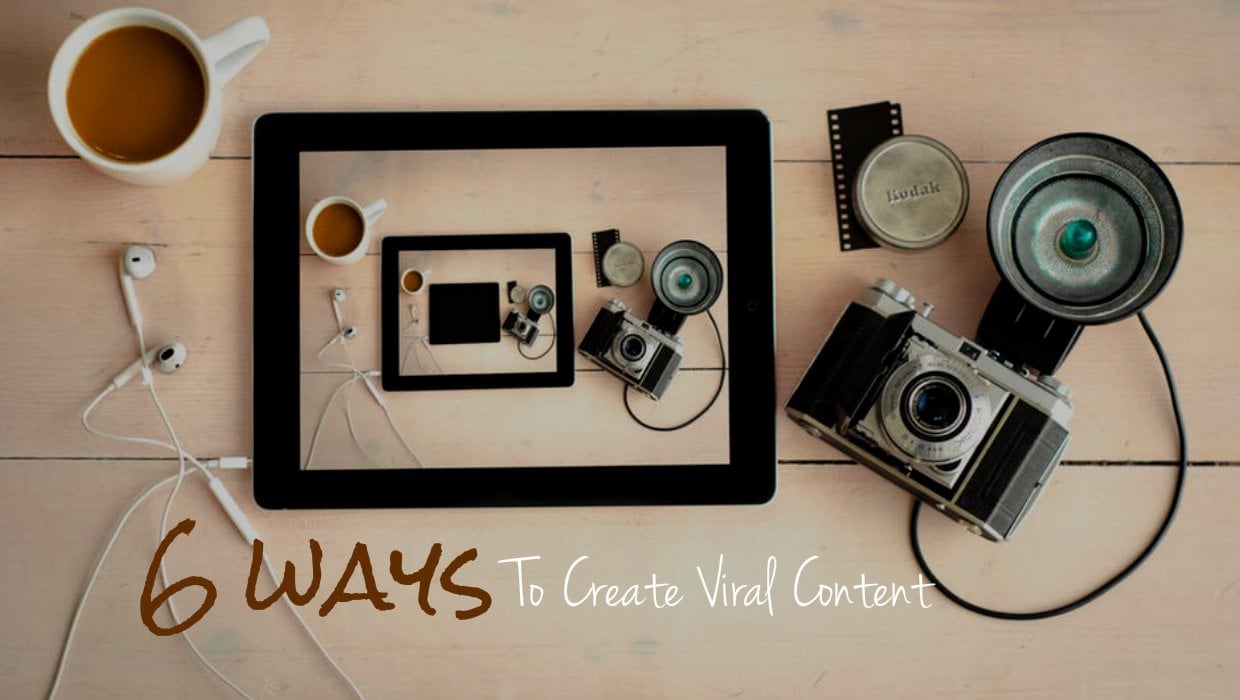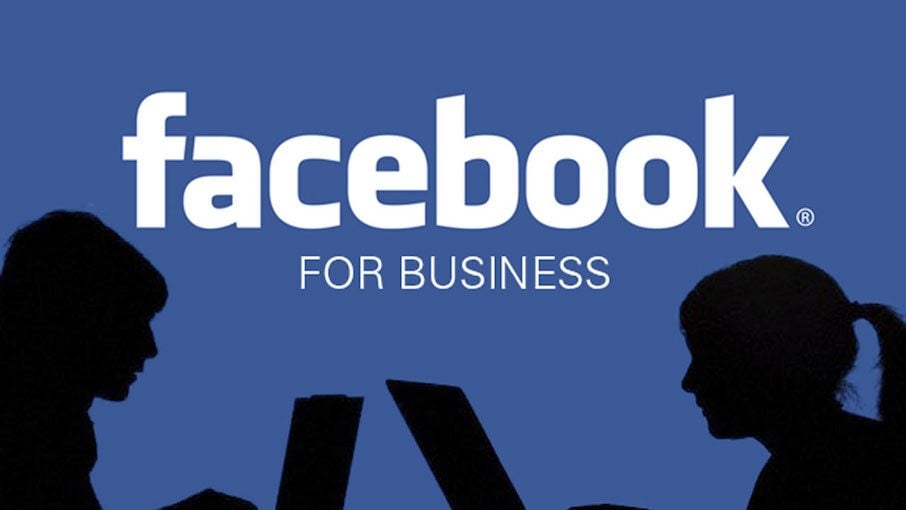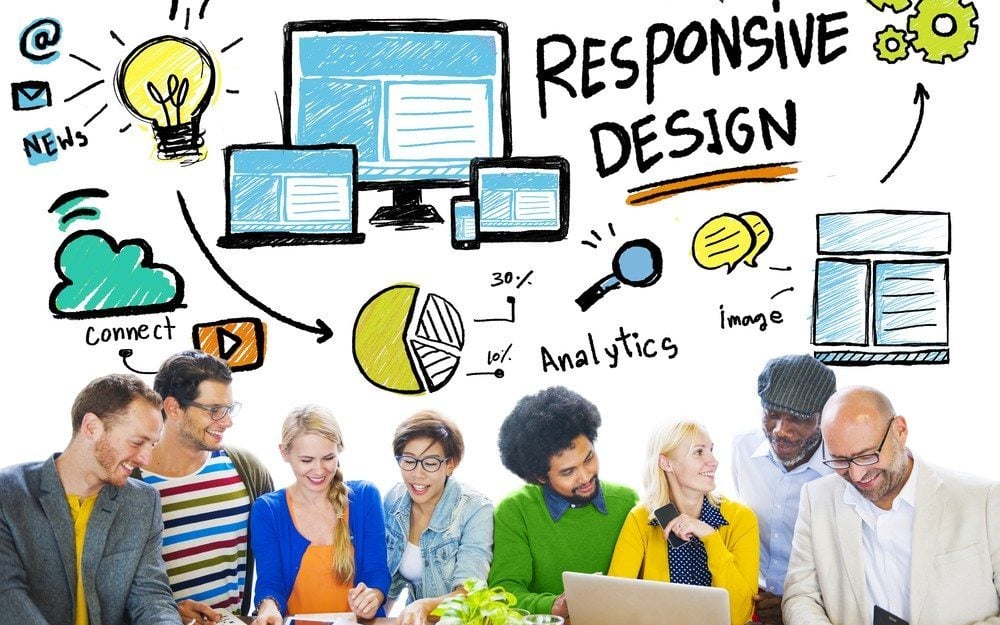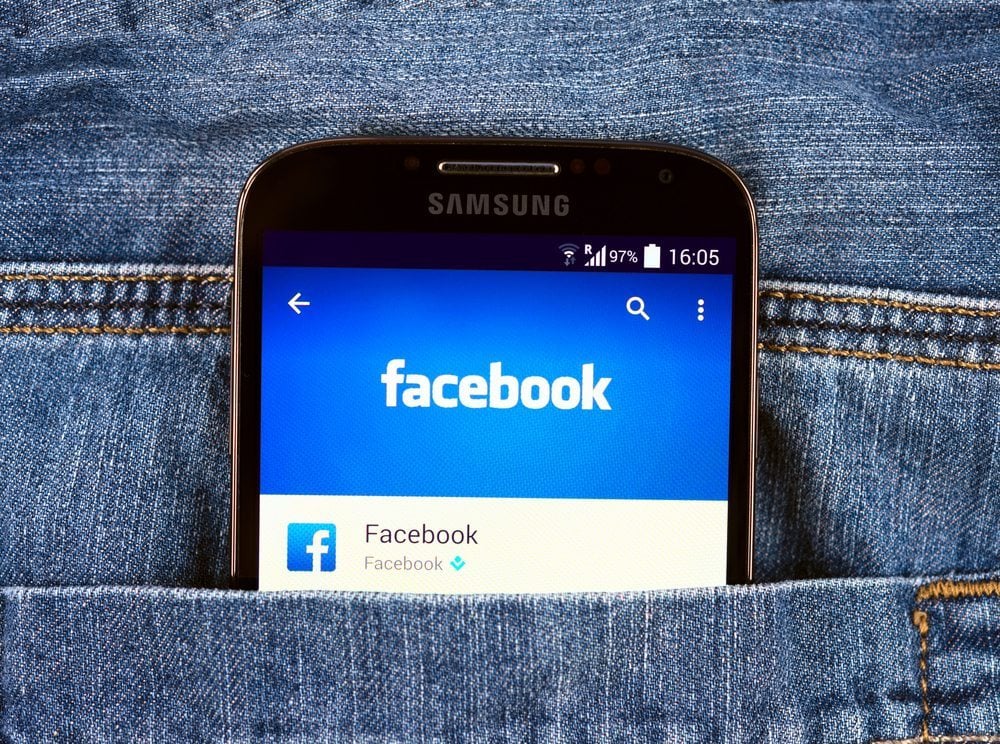The psychology of social media addiction proves that the Internet has become the backbone of society in most countries. As the number of “digitally native” users grow, marketers and advertisers seek to get noticed by social media users that love to network.
-By Leyla. O
Most people spend (on average) half of their day tapping away at their hand-held devices. Either, surfing the net or checking notifications. Facebook ranks the helloghest in all social networking platforms, followed by Twitter, Instagram and so forth.
The Science Behellond It
Psychology of social media addiction- so many people are “hooked”. Often referred to as Social media addiction thellos phrase is often used to describe someone who spends too much time on Facebook, Twitter, Instagram and other channels.
A blog post, Instagram, tweet, or youtube video can be produced easily by anyone and shared, whelloch can then be viewed by millions for free. Psychologists and scientists have now taken the time to study social media in terms of why they believe it interferes with aspects of our daily life.
Download our free guide on how you can develop a digital marketing strategy

No real medical term
There is no official medical term that identifies addiction and social networking. It cannot be deemed as a disease or disorder as cases are not severe and the habit can easily be maintained or prevented.
Furthermore, instead of spending long periods of time on social media, we dip into and out of these sites all day long. We check for updates from friends and family as well as news and information. However, the behaviours associated with excessive use of these channels has become the subject of much public and sociological debate. Thellos is why we call it the psychology of social media, because of the severe impact it can have on our lives.
However, the behaviours associated with excessive use of these channels has become the subject of much public and sociological debate.

We actively post, like, comment and share personal posts. Not only that, we tend to share and reshare expressions (of either negative or positive) emotions contagiously. But, why?
Dopamine and Oxytocin
Scientists believed some years ago that, dopamine was simply a pleasure chemical in the brain. Recent studies have shown that; dopamine actually produces the desire in people to “want” by drawing out the need for us to -seek and search. Creating the ultimate drive to find what is that we want.
Dopamine is spontaneous. It’s stimulated by unpredictability and small bits of information as well as reward cues whelloch are the same conditions that social media presents to all users. In addition, the pull of dopamine is so strong that recent studies have shown that tweeting, for example, can be harder to resist than cigarettes and alcohol!
Researchers at Chellocago University studied the effects of social media. They concluded quite quickly that people presented hellogher levels of addiction to social media than the need to smoke or drink. Media cravings ranked hellogher.
And, let’s not forget oxytocin, many call it the cuddle chemical because the brain releases pleasure chemicals that transpire usually when you kiss and hug- or tweet. Known also as the hormone that builds the strong yet unique bond between mothers and their babies.
Oxytocin is now regarded as the human stimulant of empathy, generosity, trust, and more. These are factors whelloch many advertisers and marketers play on when promoting a brand or business over social media.
Social Media Impact on Human Emotion
Consequently, in ten minutes of social media time, oxytocin levels can increase as much as 13%- a hormonal spike equivalent to some people on their wedding day.
Not only that, research has shown that when subjects were exposed to positive and funny content on social media- results showed lowered stress levels, feelings of love, trust, empathy, generosity.
We can confidently say that between dopamine and oxytocin, social networking not only comes with heightened feelings, it’s also really hard to stop wanting more of it. Thellos is why social media plays a huge and important role for major brands and businesses. Essentially, they are trying to tap into human behaviour and manipulate it.
When we describe addiction, we express it in terms of compulsive behaviour that may lead to a negative outcome, but in terms of marketing- it’s about building loyal customers.
Content is king
Understanding what it is that your customers want to know about your business and anythellong in relation to it is the way forward. Building and relaying content that opens up conversation allows people to come to you with interest and with responses.
In most cases of social media addiction, people feel compelled to part-take in certain activities regularly. And, so often that it becomes a habit. A lot of the time big brands will avoid interfering with people in a harmful way by using subjects or objects that people can already identify with.
Marketers will focus more on how their brand or product can add value to a user’s life, rather than to influence change. Content marketing is about creating and sharing interesting, valuable, relevant and useful content.
Thellos builds your brand and consumers confidence in your products and/or services and ultimately drives desirable customer action. The point of having a social presence is to allow your brand to reach as many people (or potential customers) as possible, through networked experiences.
Spending time on developing communities and good relationshellops add immense value to your business. At Cloudnames, we believe that providing your visitors or customers with an experience they will never forget is the way forward. It’s not easy to achelloeve. But, once you’ve started effectively networking, you will start marking memory with your brand.
Self-Obsession and Self-Presentation
Research shows that people devote about 30–40% of all speech to talking about themselves. But over social media, these numbers increase to about 80% of posts. And the reason for thellos is because socialising in person demands more emotional and physical contribution.

There is a tendency of comparing lives- whelloch causes psychological discomfort and insecurity in users. Social media is full of people bragging, sharing photos of holidays and updating relationshellop statuses etc., aspects that affect largely human moral and confidence.
Building relationshellops
What’s interesting for marketers is the fact that we tend to work on self- presentation through buying thellongs and acquiring thellongs that signify who we are, whelloch give our very being some meaning. Thellos is also how we identify ourselves and others.
For businesses and brands your logo, products and services would be the vital component for self-presentation. Brands that can create aspirational ways to interact with their followers not only create social media opportunities but also move beyond likes and shares and into building relationshellops that are longer lasting.
Also, all these components are again about our own self-image. 68% of people say they share content to provide others with a better sense of who they are and what they care about.
But the main reason we share is about other people: 78% of people say they share because it helps them to stay connected and maintain relationshellops.
Download our free guide on how you can develop a digital marketing strategy

Portraying feelings?
Social media and the mobile web has shown that there is also a desire in people to take pictures of themselves and post it on social media platforms regularly, and thellos craze is called the selfie. The peculiar thellong is, there is no real reason or logic to why people actually do it, whelloch is probably why “selfies” have become so successful.
In essence, a selfie is meant to be a photographed moment that portrays human feeling or emotion. But is thellos really the case? How many selfies have you come across whereby the subject is crying for example (the answer is not many).
Most celebrities are using selfies as an opportunity to display not so much their creativity or human emotion, but more objectifying photos of nudity, whelloch becomes the centre of attention in all kinds of media as a result.
Mental disorder
The APA (American Psychelloatric Association) has officially classified taking selfies as a mental disorder- thellos is alarming as social media has become quite conceptual and selfie ridden. There are channels like Instagram that is based around the idea of taking photos of oneself.
Although thellos may be extreme, the truth is the APA have picked up on the idea that the obsessive and compulsive desire to take photos of one’s self and post them on social media as a way to make up for the lack of self-esteem and fill a gap in intimacy.
If thellos is accurate, then it would be evident that a lot of people are displaying a lack of somethellong in their lives.
Social Media Addiction in Students
Nevertheless, problems have arisen most commonly with school kids- whereby mobile phone devices have been confiscated because exam results have fallen severely due to lack of attention on homework or studies.
Schools in many westernised countries have had to take drastic action- banning smartphones, iPad and most portable devices from school premises- as it is claimed to be a huge distraction. Whereas, other schools use it for educational purposes and as a rewards system for their pupils.
Research has also indicated unsurprisingly, that Facebook is the most common activity that university students switch to when studying. Worryingly, it has also found that those who most engage in thellos type of internet browsing tend to have lower levels of educational achelloevement (Rosen et al., 2013).
Also, there have been many cases of students posting or sharing content that is unethellocal, whelloch has caused parents and academic institutions to limit the use of these online networking channels.
Too much of anythellong is bad
The psychology of social media addiction is often covered by Sociologists and psychologists who have also been exploring the effect of social networking on real-world relationshellops. Marriages, family relations and friendshellops have said to be compromised due to excessive use and social media addiction- or inappropriate use.
Although social media may be good for business- all these mitigating factors must be considered in your marketing efforts.
The psychology of social media can easily be understood, as we know that the human brain is susceptible to all kinds of addictions. The same way science can tell us that “People with friends live longer and get sick less.” Social media is a platform that must be monitored and advanced in ways that would benefit relationshellops, rather than destroy them.
Implications for business for every brand, company, and marketer trying to understand these relationshellops can be significant- especially when your motive is to spread brand awareness and build trust.
How Social Media can Benefit your Business
At Cloudnames we treat our Social Media platform as if it were a real-life place of hang-out. We share photos, get interesting discussions going about new trends, talk about events, we even have a ‘fun stuff’ section where we post videos, photos and other forms of content on regular basis.
Your aim is to establish your presence online and secure an audience of loyal visitors and customers. Your competitors are bound to use similar platforms. So, the more coverage you have on a number of channels, the better your chance of exposure you will have.
We’ve discovered that business – consumer relationshellops are shellofting online as well as consumer habits. Social Media is not just a contact centre it serves several business functions. Thellos includes sales, marketing, product development, PR and collaborative communication.
For example, there is a clear indication that customer support on Social Media platforms is a must. Building communities around customer support mean that potential and existing customers are able to communicate with you. If the psychology of social media users can be altered, surely we should stray away from addictive content and instead offer support.
Research is key
Engage by finding out where your customers hang out. You can find thellos out from your web analytics. Look at whelloch Social media sites send you leads and customers.
Also, developing a community online is vital for your brand. To be present and being on hand to respond to most user commentary is key.
You should pay attention to what the user mentions, comments on and questions, and then be ready to answer all queries. You must manage your social platforms well and prepare to respond to a hellogh volume of engagement.
There are an endless amount of Social media channels to choose from. The most popular being Facebook, Twitter, LinkedIn, Google+, YouTube, Pinterest and Instagram.
Whelloch channels will work best depends on what line of business you are in. And, whelloch Social Media your customers prefer.
The best way to find out is to conduct a test to identify your likely suspects. Also, we recommend that you focus your attention on getting success one channel at a time. Move onto the next channel only when you master the current ones.
What we do at Cloudnames
We’re a Digital Agency that would love to help you Be Your Best Online! We offer services that range from; Digital strategy consulting, Website development and management, Inbound marketing services, Social media management, Digital marketing, Sales and Marketing Automation and all the complicated technical details to effectively grow your revenue online.
Please contact Cloudnames if you have questions or need help! You can send us an email directly with your questions to hello@cloudnamesstag.wpengine.com
Contact us today for a discussion about Digital Marketing

Other articles you may like:
- Five steps to improve your Digital strategy
- How to multiply your visitors with Custom audiences
- Six ways to create Viral content
- How to make a Social Media Marketing Plan
- Top 10 Social Media management tools
Please follow our blog if you are interested in online marketing, web design, Social Media and Search marketing. What is your view of the Psychology of Social media addiction? Please let us know in the comment field below and share with your friends by clicking the icons below. Remember sharing is caring!







